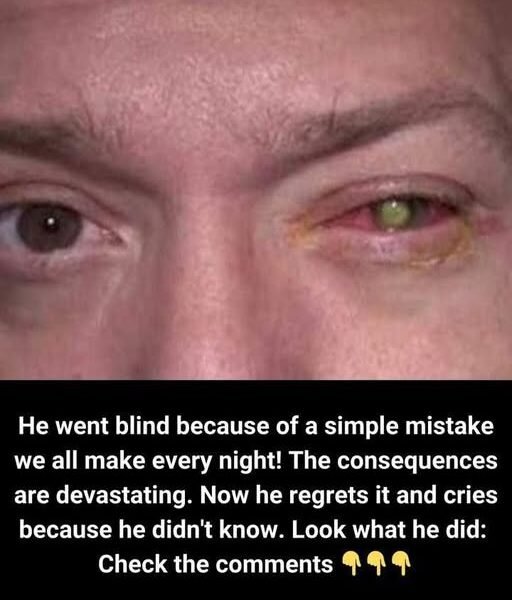Henry and I fell in love over a shared book, and five years into our marriage, his kindness still lit up my world. But that light dimmed every time his ex-wife, Liz, called with another home repair emergency. When I decided to go with him to her house one day, I wasn’t just tagging along—I was looking for answers, and what I found changed everything.
Liz’s calls were constant—a broken disposal, a faulty sprinkler, a loose banister. Henry would grab his toolbox and leave, even if it meant missing dinner or our anniversary. I tried to be patient; they’d been married and still co-owned a house, so he felt obligated. But when her requests became a regular disruption, I couldn’t help wondering if there was more to it.

One day, as I worked, Henry texted about a “flood” at Liz’s. I’d had enough of wondering. “I’m coming too,” I said, grabbing my purse. He nodded, surprised, and we drove in silence. Liz’s house was pristine, and she answered in a silk robe, her makeup perfect. Her smile faded when she saw me. “Didn’t know you’d bring a friend,” she said, her voice sharp.
The “flood” was a small puddle under the sink, looking freshly poured. Henry fixed it in minutes, while I noticed the house was spotless—no signs of another man. Liz wasn’t helpless; she wanted Henry’s attention. When she offered drinks, I said, “We’re busy.” When she called him her “hero,” I handed her a list of plumbers and a dating app, with a note: “Stop calling my husband.” Her eyes flashed, but I stood firm.
In the car, I placed a divorce lawyer’s card on the dashboard. “If you want to fix her house, you can stay there,” I said. Henry was quiet, then said, “I didn’t see it that way. I’ll tell her I’m done.” Three months later, Liz has a new guy who’s handy and attentive. Henry fixed our faucet, and we’re stronger now. I learned that love means standing up for what matters, even if it means facing the past head-on.


